Archiv článků
Prohlédněte si všechny články a objevte více zajímavých témat!
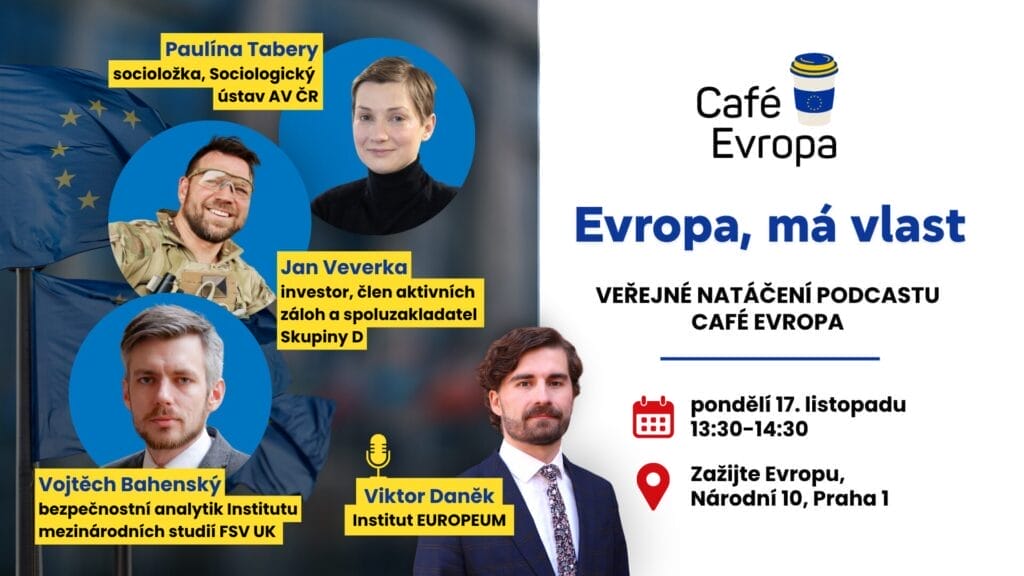
Veřejné natáčení podcastu Café Evropa: Evropa, má vlast
Zveme vás na veřejné natáčení podcastu Café Evropa. Tentokrát o tom, jak dnes vypadá moderní vlastenectví a jak se proměňuje vztah občanů k vlastní zemi v globalizovaném světě.
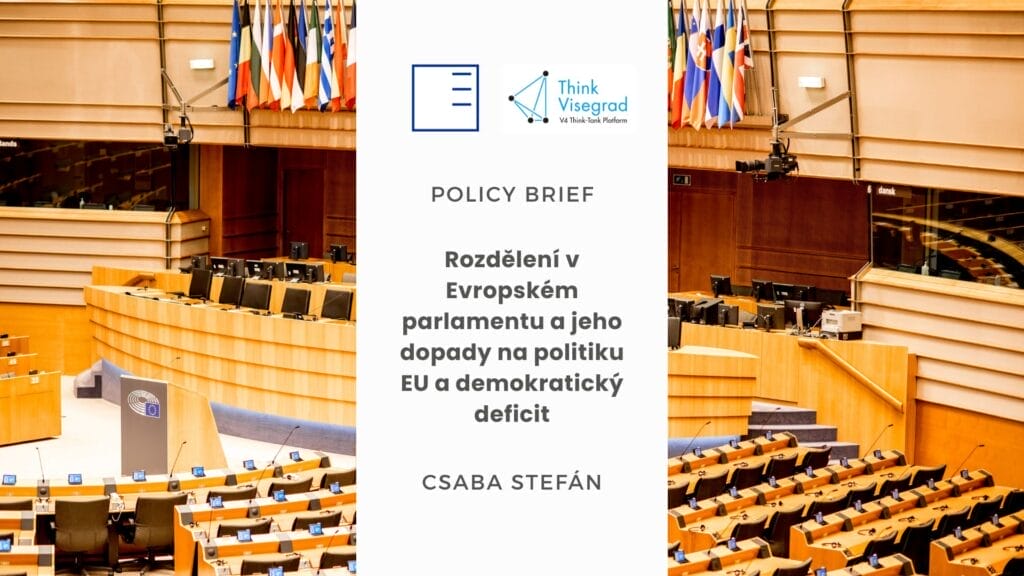
Policy Brief | Rozdělení v Evropském parlamentu a jeho dopady na politiku EU a demokratický deficit
V roce 2009 tvrdili Liesbet Hooghe a Gary Marks, že se veřejné mínění v Evropské unii posunulo od „permisivního konsenzu“ k „omezujícímu disenzu“, čímž získala masová politika větší roli v integračním procesu, než předpokládaly tradiční teorie. Tento posun otevřel debatu o tzv. demokratickém deficitu EU – pojmu, který je sporný, ale má reálné politické důsledky. Nejviditelněji se projevoval v evropských volbách, dlouho považovaných za „druhořadé“ s nízkou účastí a protestním hlasováním. Volby v roce 2019 a zejména v roce 2024 však tento vzorec narušily: volební účast vzrostla, evropská témata se více politizovala a stranické postoje se vyhranily. Tyto změny naznačují vznik nového nadnárodního štěpení a možný zlom v demokratickém zapojení do EU, píše Csaba Stefán, výzkumný pracovník Maďarského institutu mezinárodních vztahů, ve svém policy briefu.

Budoucnost transatlantických vztahů – výzvy a příležitosti v době proměny amerických priorit
Institut pro evropskou politiku EUROPEUM vás zve na veřejnou debatu o budoucnosti transatlantických vztahů a o tom, jak se Evropa a včetně států střední a východní Evropy — může aktivněji zapojit v době globálních změn. Přijďte si poslechnout přední experty a dozvědět se, co mohou proměny amerických priorit znamenat pro Evropu.
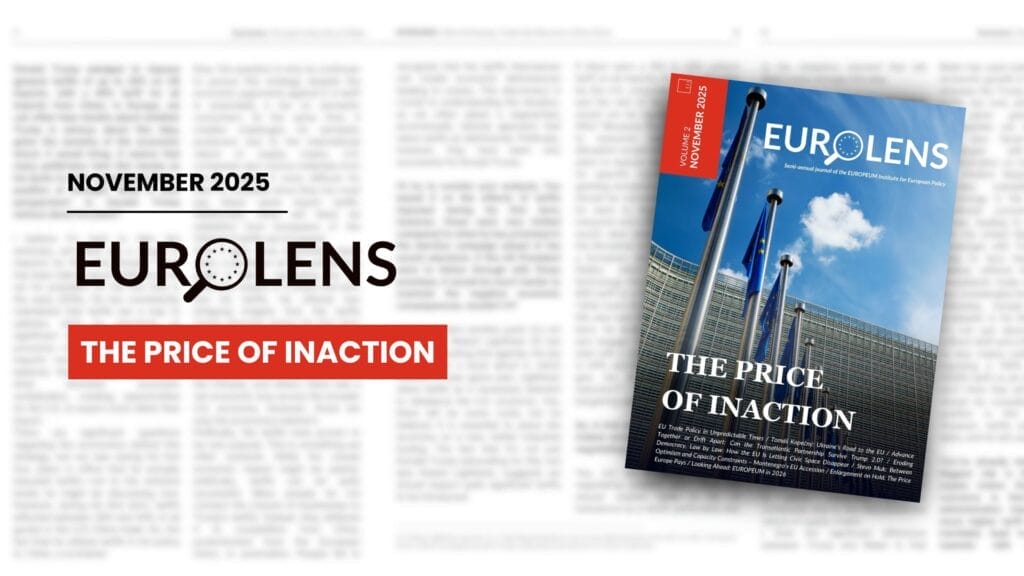
EuroLens Journal #2: Cena za nečinnost
A je to tady – druhé vydání našeho odborného časopisu EuroLens! Tento číslo navazuje na úspěch prvního vydání a opět přináší rozhovory s experty, komentáře a články na bezpečnostně-politická i mimo-politická témata. Najdete v něm také přehled chystaných akcí, konferencí a mnoho dalšího. Doufáme, že pro vás bude zajímavým a inspirativním zdrojem informací a užitečným pomocníkem ve vaší práci.

Ambiciózní EU: Jak ufinancovat rozpočet? | Co je nového v Evropském parlamentu?
Zveme vás na další ze série debat, které přináší aktuální pohled na klíčová témata projednávaná na plenárních zasedání Evropského parlamentu.
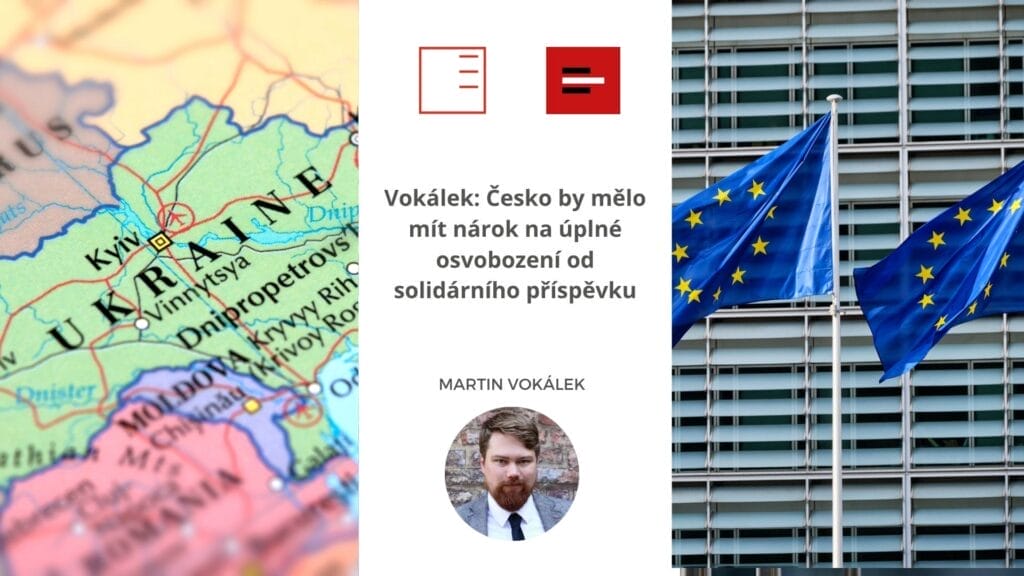
iROZHLAS | Vokálek: Česko by mělo mít nárok na úplné osvobození od solidárního příspěvku
Česko požádá Evropskou komisi o úplné osvobození od solidárních příspěvků v rámci migračního paktu, protože bylo zařazeno mezi státy se „závažnou migrační situací“. Podle Martina Vokálka existuje vysoká šance, že Česká republika takovou výjimku získá – mimo jiné kvůli velkému počtu ukrajinských uprchlíků, které přijala. O finální podobě výjimky rozhodnou členské státy v prosinci. Článek okomentoval Martin Vokálek, výkonný ředitel a vedoucí bruselské kanceláře EUROPEUM.
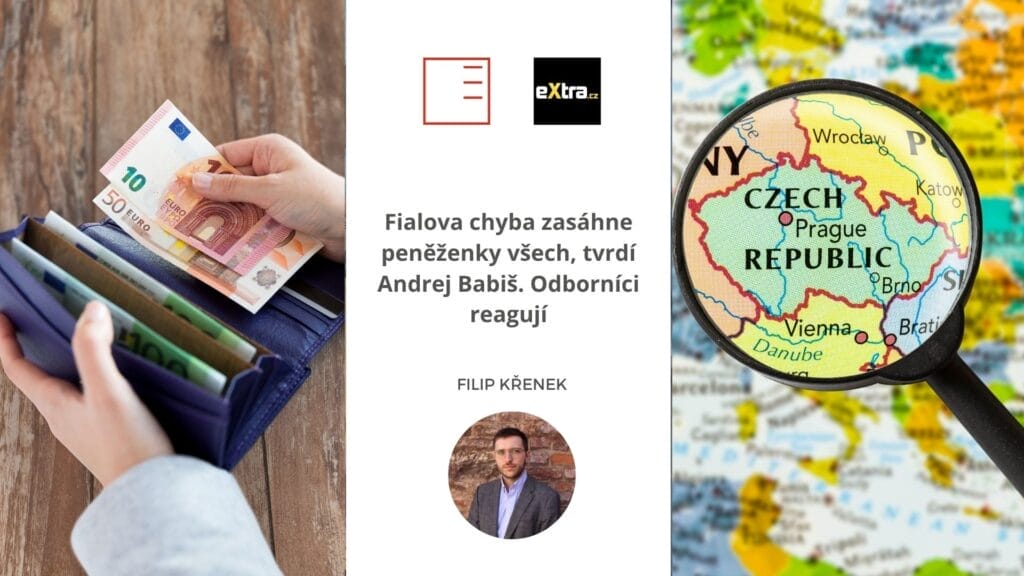
eXtra.cz | Fialova chyba zasáhne peněženky všech, tvrdí Andrej Babiš. Odborníci reagují
EU ministři schválili klimatické cíle pro rok 2040 a zároveň odložili systém ETS2 o jeden rok. Andrej Babiš označil dohodu za selhání vlády a varoval před zdražením, zatímco odborníci upozorňují, že dopad na české domácnosti se zásadně nemění. Analytik Filip Křenek zároveň zdůrazňuje, že obavy z dramatického růstu cen nejsou pravděpodobné a že Česko by odmítnutím ETS2 riskovalo vysoké pokuty a ztrátu miliard z klimatického fondu. Pro eXtra.cz komentoval analytik Institutu EUROPEUM Filip Křenek.

Doporučení Národního konventu o EU | Role Česka a konkurenceschopnost Evropské unie
Národní konvent o EU zveřejnil doporučení z kulatého stolu konaného 26. září 2025, který se zabýval rolí Česka a konkurenceschopností Evropské unie, včetně ekonomické bezpečnosti, vztahů s USA a Čínou a strategie Global Gateway. Diskutovalo se o krocích, jež by EU měla podniknout pro posílení své konkurenceschopnosti a bezpečnosti, a o prioritách, které by v této oblasti měla prosazovat Česká republika.
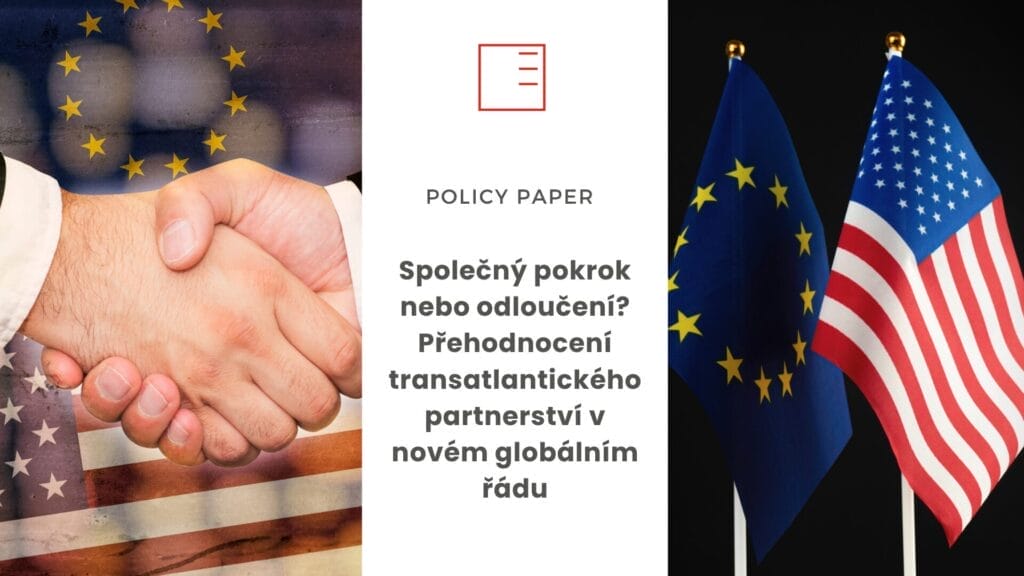
Policy Paper | Společný pokrok nebo odloučení? Přehodnocení transatlantického partnerství v novém globálním řádu
Transatlantické vztahy se ocitají v přelomovém okamžiku. Vzhledem k tomu, že Spojené státy se stahují do sebe, globální rivalita se zostřuje a důvěra napříč Atlantikem je pod tlakem, Evropa čelí rostoucímu tlaku, aby přehodnotila svůj přístup k bezpečnosti, energetice a technologiím. Tento policy paper zkoumá, kde transatlantická spolupráce nadále vzkvétá, kde slábne a jak může Evropa proměnit strategické ambice v konkrétní kroky – dříve, než příští krize otestuje odolnost aliance. Dokument je poučným čtením pro všechny, kteří se zabývají globální politikou a transatlantickými záležitostmi.
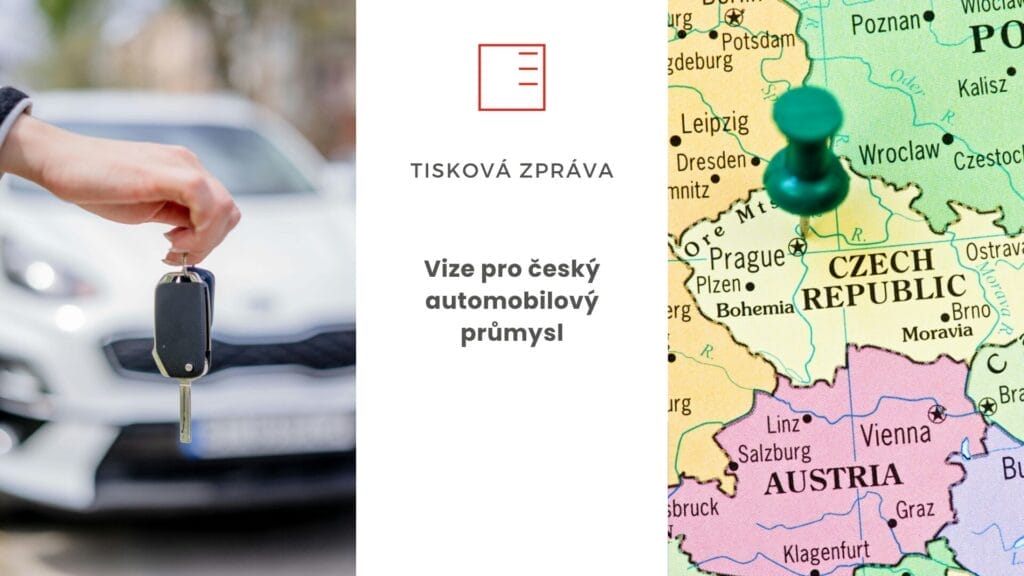
Report | Vize pro český automobilový průmysl
Institut pro evropskou politiku EUROPEUM uspořádal 22. října 2025 v Praze kulatý stůl o budoucnosti českého automobilového průmyslu. Setkání zástupců sektoru, státní správy a výzkumu potvrdilo, že navzdory evropským výzvám si český automobilový průmysl udržuje dobrou kondici s rekordní výrobou 1,45 milionu vozů v roce 2024.
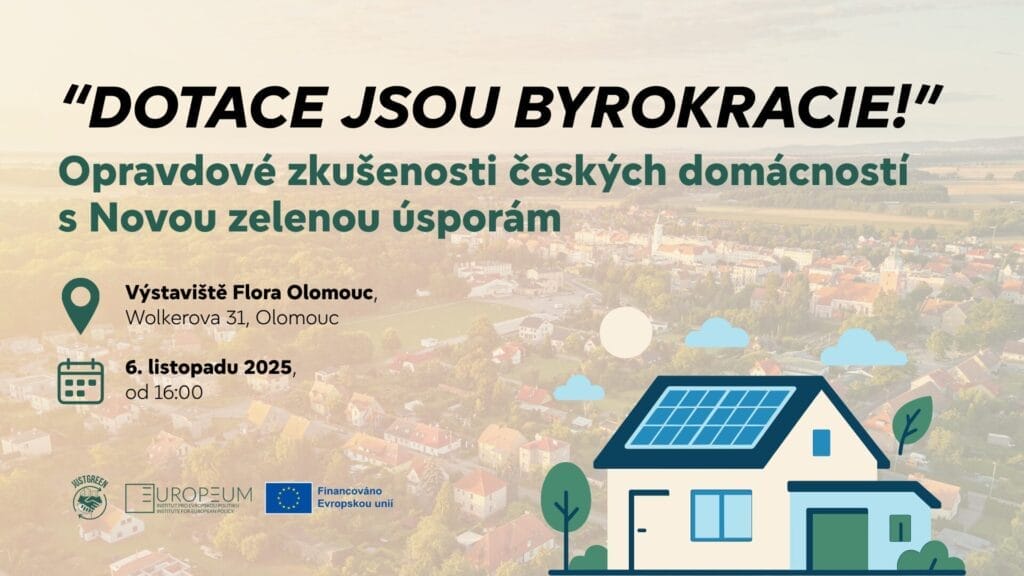
"Dotace jsou byrokracie!" Opravdové zkušenosti českých domácností s Novou zelenou úsporám
Institut EUROPEUM vás zve na diskuzi o tom, jak české domácnosti získávají dotace a co je při tom motivuje či odrazuje.
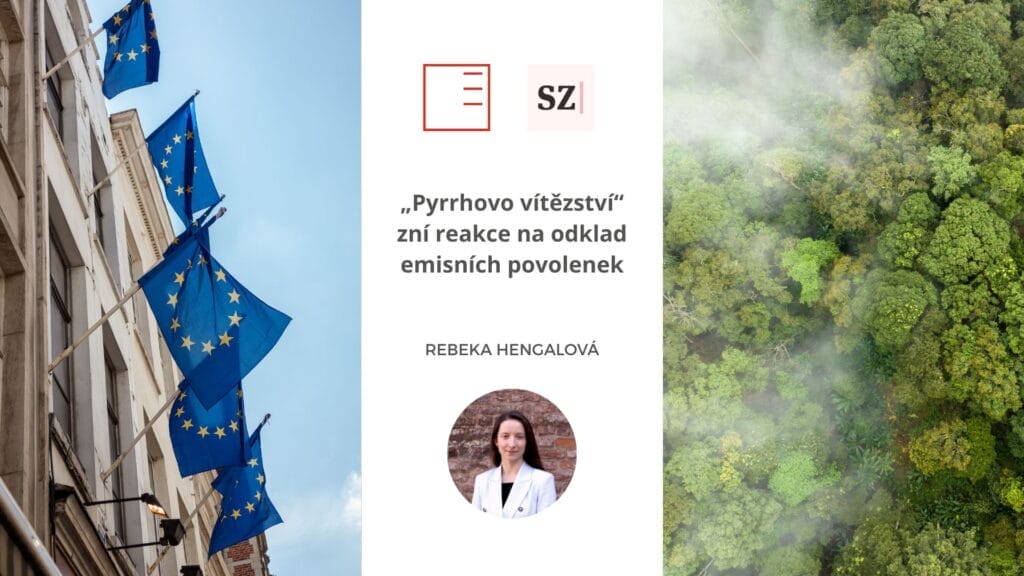
Seznam Zprávy | „Pyrrhovo vítězství“ zní reakce na odklad emisních povolenek
Ministři životního prostředí EU se dohodli na odkladu zavedení systému emisních povolenek ETS2 na rok 2028. Ačkoli státy tento krok prezentují jako ústupek, podle expertů odklad přinese hlavně zmatek a může zpomalit investice do zelené transformace. České republice navíc hrozí sankce či ztráta přístupu k sociálně-klimatickému fondu, pokud systém plně nepřevezme do legislativy. Komentovala Rebeka Hengalová, výzkumná pracovnice Institutu EUROPEUM.